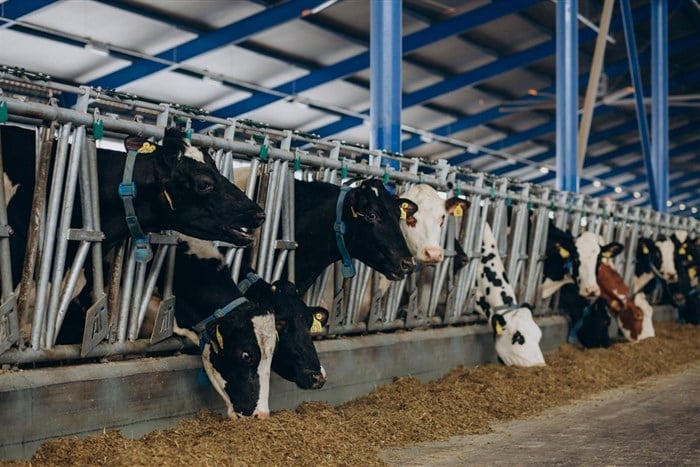South Africa has been grappling with a series of disease outbreaks in its agricultural sector, raising concerns about the efficacy of the country’s biosecurity measures. Recent incidents involving foot-and-mouth disease, African swine fever, and avian influenza have not only impacted the nation’s domestic animal farming sector but have also led to significant disruptions in agricultural exports.
Biosecurity Challenges
The occurrence of simultaneous outbreaks in different provinces highlights potential weaknesses in South Africa’s biosecurity system. Agribusiness voices have long warned about these vulnerabilities, and recent events underscore the urgency of addressing the challenges faced by the agricultural sector. It is noteworthy that biosecurity breaches are a global concern, making coordinated efforts crucial.
Impact on Agricultural Exports
The consequences of these outbreaks extend beyond the immediate agricultural sector, affecting South Africa’s economic landscape. Notably, the decline in beef exports by 12% in 2022, attributed to the temporary closures of export markets due to foot-and-mouth disease, underscores the economic repercussions. Livestock and poultry, contributing significantly to agriculture’s gross value added, have been particularly hard-hit.
Concerns for Farmers
The hardships faced by farmers are evident, with the cattle industry experiencing challenges due to foot-and-mouth disease. The sheep industry, linked to a significant market like China, saw a 21% decline in the export value of wool. The pig industry faced pressures from African swine fever, and the avian influenza outbreaks have led to losses for breeders, a rise in egg prices for consumers, and a spike in imports to rebuild poultry stock.
Addressing the Root Cause
To tackle the biosecurity challenges, a collaborative effort between the South African government, organized agriculture, and industry bodies is crucial. The call for earmarking a share of the annual budget for emergencies related to biosecurity risks is a prudent step. These funds should be utilized judiciously, with strict adherence to rules and oversight by the South African National Treasury.
Policy Considerations
Policy measures should include the allocation of funds for controlling animal movements, procuring vaccines, permitting vaccination in affected areas, employing additional staff, and compensating producers when culling is necessary. Collaborations with the private sector for vaccine manufacturing, increasing the number of veterinarians and animal health technicians, and repairing international fences are also essential components of a comprehensive strategy.
In essence, the multifaceted nature of the biosecurity challenges requires a holistic approach involving better management, coordination, restructuring of departments, and strategic investments. Beyond the technical aspects, fostering improved relationships between regulators and farmers is critical for collaborative disease management without hostility.














